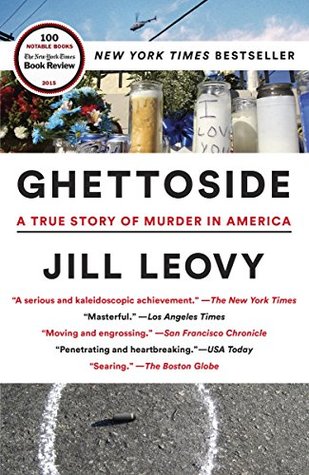“Choices” rhetoric helped officers ascribe the violence of Watts to individuals, and thus avoid explanations that felt like group generalizations about black people. But talk of “choices” also inevitably raised questions of blame. And since blame also served as a satisfying distancing mechanism, officers ended by blaming not just suspects but victims for the “choices” they’d made.
Welcome back. Just a moment while we sign you in to your Goodreads account.


